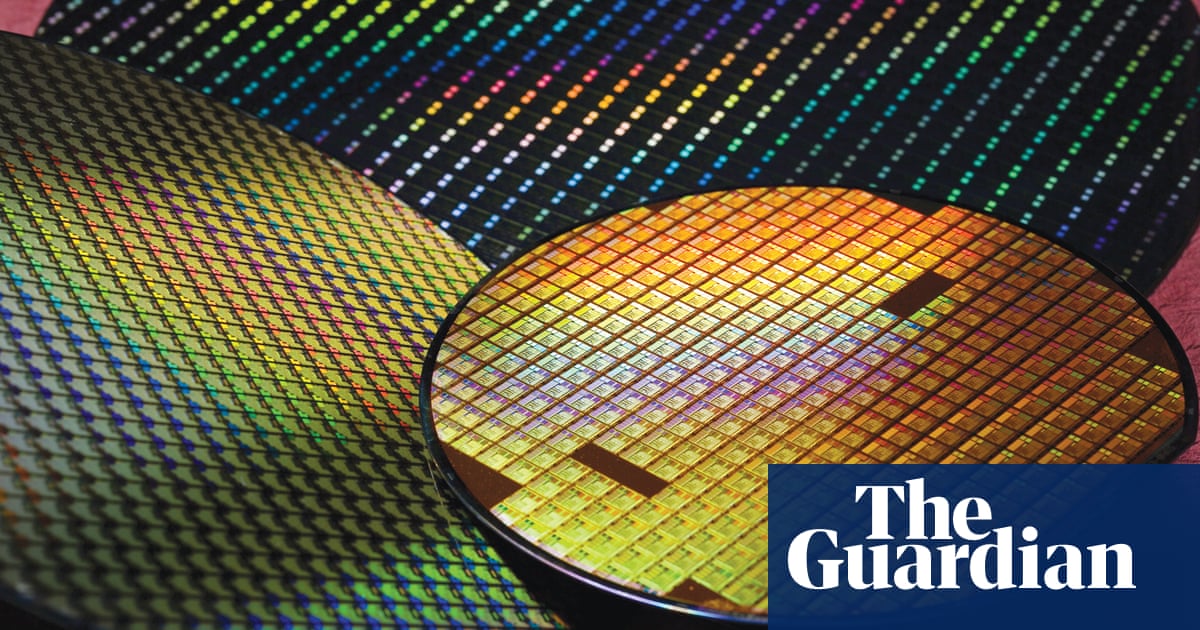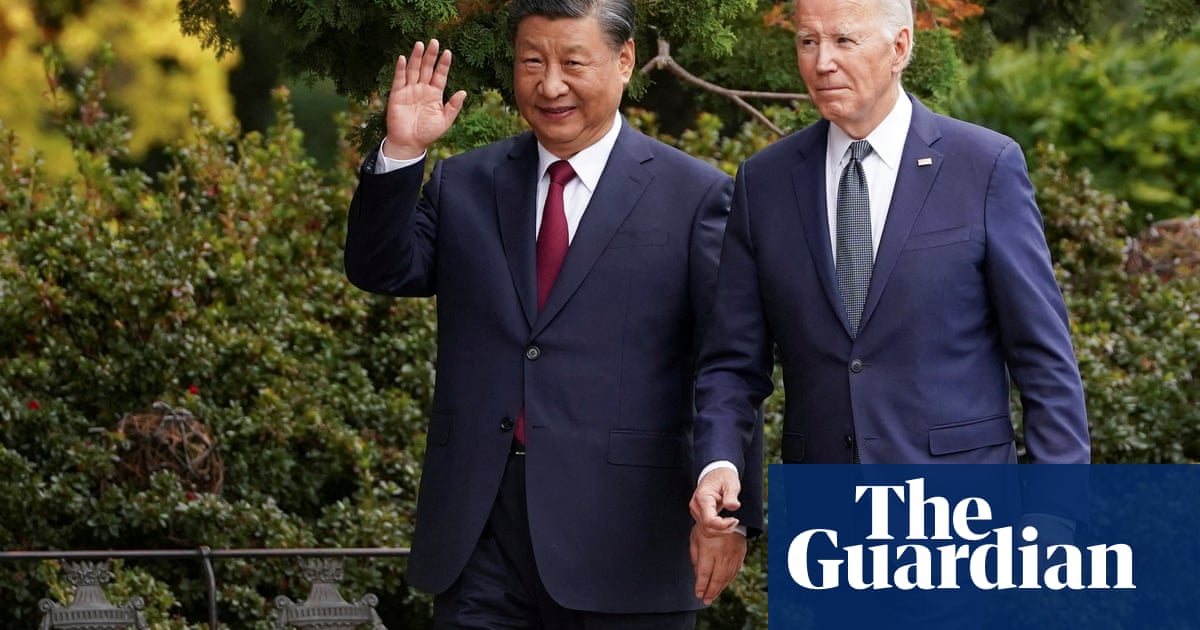
BARCELONA: A global battle between the US government and Chinese tech company Huawei over allegations that it is a cybersecurity risk overshadowed the opening Monday of the world’s biggest mobile industry trade fair.
Huawei has an outsize presence at MWC Barcelona, from its displays in three separate show halls down to its red sponsorship logo adorning visitor pass lanyards. The focus at this year’s meeting is new 5G networks due to roll out in the coming years. But the dispute over Huawei, the world’s biggest maker of networking gear, is casting a pall.
The United States government dispatched a big delegation to press its case with telecom executives and government officials that they should not use Huawei as a supplier over national security concerns. US President Donald Trump’s administration says the Chinese government could use Huawei equipment to snoop on the world’s Internet traffic — accusations Huawei has rejected, saying there has been no proof of a cybersecurity breach.
In a fresh salvo, 11 US senators on Monday called for the federal government to ban solar power inverters — advanced control systems — made by Huawei, saying they pose a national security threat to US energy infrastructure.
Huawei’s counteroffensive includes making its case directly to government officials, companies and journalists. It has unveiled a new folding 5G phone and its executives are speaking on keynote panels at the show. Formerly known as Mobile World Congress, the show is a key forum for lobbying and deal-making that’s expected to draw 100,000 visitors.
“The geopolitical tensions between the USA. and China will undoubtedly be a hot topic,” said Shaun Collins, CEO of research firm CCS Insight. “There is little doubt that operators around the world are concerned that draconian sanctions on their ability to use Huawei’s 5G infrastructure could have detrimental effects on their 5G roll-out plans.”
Behind closed doors, US officials have been suggesting that Ericsson of Sweden and Finland’s Nokia should be preferred suppliers, but telecom providers like Huawei for its cheap but good quality equipment. That helps lower the cost to customers of using new 5G networks, which promise lightning fast download speeds and less signal lag — advancements that will help develop self-driving cars, factory robots and remote surgery.
At Huawei’s sprawling main pavilion, lit in shimmering LED lights, the company showed off virtual reality racing games that use 5G to provide crisper graphics and quicker response times than 4G.
“Definitely compared to other big global vendors, they’re cost efficient,” said Sharif Shah Jamal Raz, a vice president at Bangladesh mobile operator Robi Axiata, as he and his colleagues inspected Huawei’s display of network base stations and modular antennas.
Trump tweeted last week that he wanted the US to catch up in the 5G race through competition, “not by blocking out currently more advanced technologies.” Though he didn’t mention China or Huawei, the comments could be seen as a more toned-down approach to the company, which has long been blocked in the US
Guo Ping, one of three Huawei executives who take turns as chairman, told reporters Sunday that he read Trump’s tweet as an admission that the US needs faster Internet networks and is lagging in this respect.
Guo stressed that his company “will never allow for backdoors in our equipment,” and it would never violate laws and regulations in countries where it operates.
US allies in Europe are still making their minds up on allowing Huawei gear in 5G networks and it’s not clear if Washington’s lobbying campaign is having an effect, with some viewing it as a calculation of technical risks rather than as part of a broader battle for tech supremacy between China and the US
The CEO of Ericsson, Borje Ekholm, said countries face “critical decisions” as they roll out 5G networks.
“As we talk to our customers, they are feeling the uncertainty and they are concerned,” Ekholm said at the MWC show.
A ban on Huawei could delay the rollout of 5G in Europe by two years, said Nick Read, CEO of Vodafone, one of the world’s biggest mobile operators.
The “implication is suddenly you’ve got to do a massive swap of equipment. Hugely disruptive to national infrastructure, consumers (and) very, very expensive,” he said.
The head of Britain’s government surveillance agency, Jeremy Fleming, said Monday that China’s tech dominance posed a complex strategic challenge.
“We have to understand the opportunities and threats from China’s technological offer,” Fleming said in a speech in Singapore, according to a transcript. “We have to take a clear view on the implications of China’s technological acquisition strategy in the West.”
The British government is carrying out a review of the risks involved with telecom infrastructure that will help it decide on Huawei’s role in 5G networks. UK cybersecurity officials have said previously they think the risks involved with Huawei can be managed.
GSMA, an association that represents 750 mobile operators worldwide, is recommending a testing and certification regime for Europe to ensure confidence in network security.
Guo called for the industry and governments to develop “clear and unified” cybersecurity standards and regulations, and said decisions should be made by technical experts rather than politicians.












